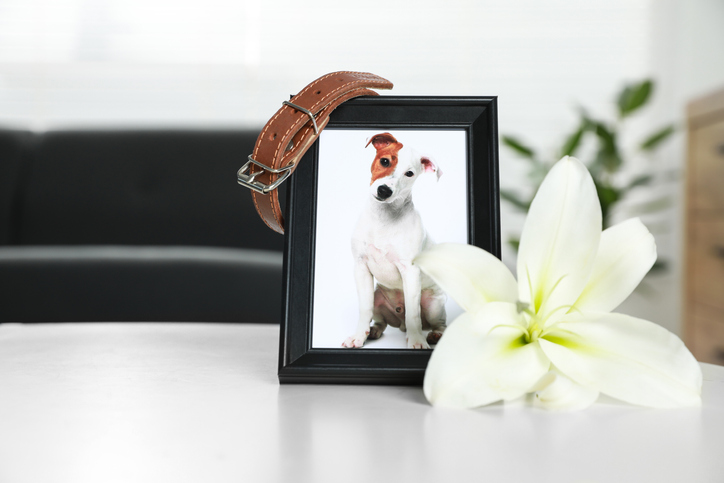There isn’t anything more difficult than losing a family member. For most of us, pets are family, not just an animal.
Although you might feel very sad as an adult, children process losses differently and need an exceptional amount of support from their parents and other adults in their lives.
Sure, your kids might realize that the pet is gone, but they might not be familiar with the concept of death, and this is of course, where things can get a little difficult. You obviously have to tell your kids that their beloved pet and friend is not coming back ever again, but you have to do so in a way that is sensitive, understanding, and thoughtful.
It might be a little easier if your child is a bit older and understands the concept of life and death, although informing them that their pet has just died is difficult either way. So, here are some strategies for making the process less traumatic.
Find the Right Place and Time
First, if you have to tell your child that their pet isn’t coming home anymore, it’s important to choose the right place and time. You don’t want to be in a busy area where your child might get distracted, because you really want them to hear what you have to say.
If necessary, you need to explain it to them as well, and this is something you won’t be able to do if the TV is running in the background or if you are in the middle of the playground. Finding a calm and quiet place that is free of distraction is important. Also, choose a time of day when your child is usually the most receptive.

Keep Their Age in Mind
If you are going to talk to your child about their deceased pet, you need to keep their age in mind. For instance, if the child is very young, say under 5 years old, they won’t fully understand what death is, or at least have a very limited understanding of it.
If this is the case, you may way to keep the topic away from death altogether and certainly avoid any graphic details. The whole “your dog is now living on a farm” scenario comes to mind, although whether or not you want to tell a white lie to avoid your child being distraught is up to you.
If the child is older however, there is no sense in hiding the facts, because they’ll probably figure it out anyway. If your child is receptive and can understand the concept of death, and they want to know what happened, then you owe it to them to explain the situation.
Keep Things Light and Gentle – No Guilt!
When you are talking to your kids about their pet that just passed away, keep things as light and gentle as you can. Yes, you want to be straightforward and clear about what happened, but you can also use language that is gentle. For instance, saying she’s in a better place as opposed to she died, is one example. Of course, if the death involves some gruesome details, these are best avoided.
Something else important to keep in mind is that kids may feel like they are in some way responsible for the death of a pet. Of course, they aren’t but children often feel this way. Humans often feel guilt after a person or pet has passed, and we often ask ourselves if we could have done something different or better. You absolutely need to reassure your kids that the passing of the pet was in no way their fault.
Encourage Your Child to Ask Questions and Express Their Feelings
Your children will have their own thoughts, emotions, and questions about what is happening, and you should encourage all of it. If your child asks questions about the death of the pet, do your best to provide honest answers, albeit you still want to be gentle about it.
If your child seems like they know more or understand more than you would have thought at first, don’t try to hide the facts, as it will only confuse your kids.
Moreover, it’s always a good idea to encourage your kids to share their own emotions and feelings. A big part of the grieving process is being able to recognise and process emotions. By encouraging your kids to be open about their feelings, you are essentially helping them through the grieving process.
A big part of this is expressing your own emotions. To keep things light and child-friendly, you may want to stay away from the really heavy stuff, but it’s no shame to show your child that you are sad too. Showing your kids that you are sad will encourage them to share their emotions, and that is healthy.
Share Some Good Memories
If you want to keep things light and try to improve morale a little bit, sharing some funny and lighthearted stories about the pet is a great idea. This will allow both you and your kids to look back on the good times and remember the pet in a very fond way. Sharing memories is often a big part of the grieving process, so you and your kids may as well do it together.
Offer Comfort and Support – Professional Support if Needed
Perhaps the best thing that you can do here is to offer your kids with plenty of emotional support. Make sure they know that you are there for them, that everything will be okay, and that nothing bad is going to happen to them. In extreme cases, which could apply to your or your kids, seeking professional help, such as from a pet loss support or counseling group, could be helpful. Special support programs and staff know how to make this process easier, and it’s certainly worth a try.



